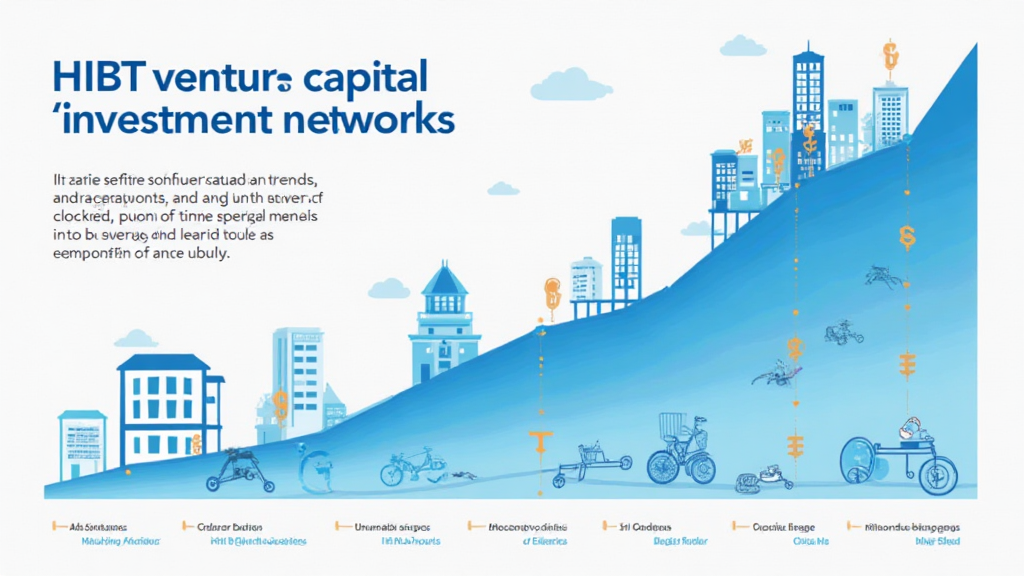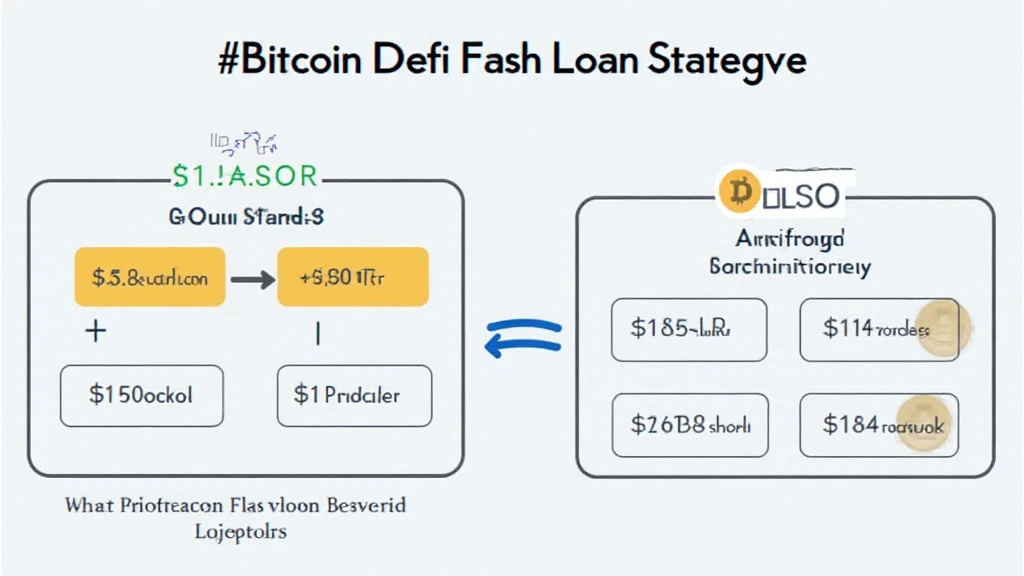Introduction
In recent years, the landscape of finance has been evolving, driven by advancements in technology. In 2024 alone, the number of crypto users in Southeast Asia surged by 30%, showcasing a growing interest in digital assets. One of the most exciting developments emerging from this trend is the rise of blockchain bonds. These innovative financial instruments leverage blockchain technology to enhance efficiency, transparency, and security in the bond issuance process. This article will delve into the current trends surrounding blockchain bonds in Southeast Asia, analyzing their potential impact on the region’s economy.
Understanding Blockchain Bonds
Blockchain bonds are essentially traditional bonds that utilize blockchain technology for their issuance and management. They represent a significant shift from conventional bond markets by allowing for faster and cheaper transactions, thereby reducing the time and cost associated with bond issuance.
- Transparency: All transactions are recorded on the blockchain, making it easier for investors to verify the legitimacy of the bonds.
- Reduced Costs: The elimination of intermediaries can significantly lower costs for issuers and investors.
- Enhanced Security: Blockchain‘s cryptographic nature provides a more secure environment for bond transactions.
Market Trends in Southeast Asia
As Southeast Asia continues to embrace digital innovation, several key trends are emerging in the region’s blockchain bond market. From regulatory shifts to technological advancements, here’s a closer look at what’s happening:

1. Regulatory Developments
The regulatory landscape in Southeast Asia is evolving to accommodate the growth of blockchain technology. Countries like Singapore and Malaysia are at the forefront, implementing frameworks that allow for the legal issuance and management of blockchain bonds.
For example, Singapore’s Monetary Authority of Singapore (MAS) has launched initiatives to support the issuance of digital bonds, fostering a favorable environment for blockchain-based financial products.
2. Growing Interest from Investors
With the spike in crypto adoption, traditional investors are increasingly looking to diversify their portfolios with blockchain bonds. This transition is aided by a new generation of tech-savvy investors who prioritize security and transparency.
In Vietnam, for instance, the number of individuals involved in cryptocurrency rose from 2 million to 4 million in just one year, indicating a potential market for blockchain bonds.
3. Collaboration Between Traditional and Digital Finance
The merger of traditional finance and cryptocurrency is becoming more prominent in Southeast Asia. Financial institutions are partnering with blockchain startups to innovate and create new financial products that cater to the needs of modern investors.
4. Increased Use of Smart Contracts
Smart contracts are becoming a vital component of blockchain bonds, automating the execution of contracts and ensuring that all parties meet their obligations. This efficiency is particularly appealing in markets where speed and accuracy are essential.
Potential Pitfalls and Challenges
Despite the numerous advantages offered by blockchain bonds, several challenges still hinder their widespread adoption:
- Regulatory Uncertainty: As governments work to adapt to the changes brought about by blockchain technology, uncertainties around regulation persist, which may deter potential investors.
- Technical Barriers: Some investors may lack the technical knowledge needed to navigate the blockchain environment, preventing them from fully engaging with blockchain bonds.
- Market Volatility: The crypto market is known for its volatility, which can impact the perceived stability of blockchain bonds.
Case Studies: Successful Blockchain Bonds in Southeast Asia
Several successful cases of blockchain bonds have emerged in Southeast Asia, illustrating the potential of this innovative financial instrument:
1. Singapore’s UOB Digital Bonds
The United Overseas Bank (UOB) issued Singapore’s first digital bond using blockchain technology. This initiative not only showcased the capabilities of blockchain but also set a precedent for future financial products in the region.
2. Thailand’s Seamless Bond Tracking
The Thai Bond Market Association (TBMA) has explored blockchain technology to enable seamless tracking of bond ownership and transactions, thereby increasing transparency and efficiency.
Future Projections: What Lies Ahead for Blockchain Bonds?
Looking ahead, the future of blockchain bonds in Southeast Asia appears promising. With the continued evolution of regulatory frameworks and growing interest from both investors and issuers, we can anticipate several developments:
- Increased Engagement: A surge in investment and innovation opportunities as more players enter the market.
- Enhanced Regulatory Clarity: Future regulations that will provide clearer guidelines and foster increased investor confidence.
- Wider Acceptance of Digital Financial Instruments: As attitudes toward cryptocurrency evolve, more traditional institutions may adopt blockchain bonds into their offerings.
Conclusion
Southeast Asia’s blockchain bond trends highlight a significant shift towards utilizing technology to enhance financial markets. With increasing adoption and regulatory support, blockchain bonds have the potential to reshape the investments landscape in the region profoundly.
As we move forward, stakeholders must navigate the growing complexities while leveraging the advantages of blockchain technology to promote a more secure, efficient, and transparent bond market. Investors and issuers alike stand to benefit from the innovations that blockchain bonds offer.
Stay tuned to cryptocoinnewstoday for more insights into the evolving world of blockchain and cryptocurrency!





